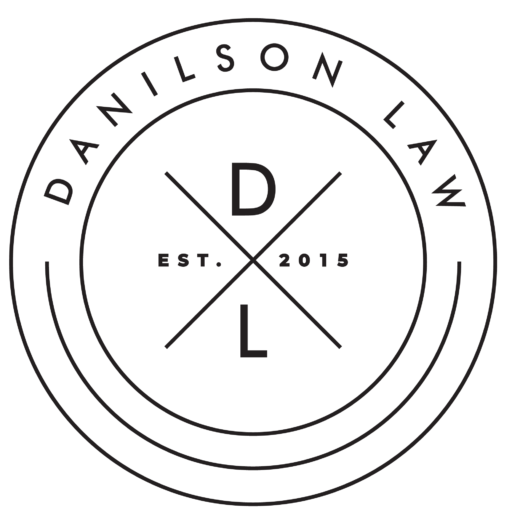When you purchase a home, you could be subject to rules in a Declaration of Covenants, Conditions, and Restrictions (CC&Rs). CC&Rs are a recorded governing document that state the specific authority, rights, and responsibilities of a subdivision. In this blog post, we’ll provide a rundown of what CC&Rs are, their common provisions, and what happens if you violate them.
What are CC&Rs and what do they cover?
“Declaration of Covenants, Conditions, and Restrictions” (CC&Rs) are a recorded governing document that state the specific authority, rights, and responsibilities of a subdivision. The CC&Rs describe the requirements and limitations of what you can and cannot do with your property in the planned community. Common provisions in CC&Rs include:
- Homeowners association dues
- Association responsibilities
- Member maintenance responsibilities
- Architectural controls
- Association enforcement authority
- The dispute resolution process
- Property use restrictions
Examples of CC&Rs provisions
CC&Rs may have specific requirements and limitations on how you maintain and use your property. Some of the specific CC&Rs usually include restrictions and requirements on:
- Building types and areas
- Property maintenance
- Pets
- Parking
- Garbage cans
- Political signs
- Fences
Before you buy a home, make certain that you thoroughly review the CC&Rs to ensure that you understand the rules and can comply with them.
The HOA Board
If there is an active HOA the bylaws will describe the HOA board’s three main responsibilities, which are:
- Maintaining common areas, such as boulevards, green belts, and private streets, as well as the maintenance and upkeep of amenities such as pools, clubhouses, gyms, and parks.
- Financial management, which may include collecting assessments, paying the association’s expenses, drafting annual budgets, establishing financial policies, and maintaining the HOA’s financial accounts.
- Enforcing the community’s governing documents, which includes enforcing compliance with CC&Rs, assessing penalties, and ensuring that work needed throughout the community is completed.
CC&Rs violations
If you violate the CC&Rs, you could be subject to penalties, such as fines and other consequences. This might include fines and penalties, the suspension of your privileges to use the common facilities (such as the community pool), forced compliance (the HOA may fix the problem on your property and invoice you), or the HOA may litigate or file a lien against your property.
Takeaway
Most CC&Rs are reasonable and help keep the neighborhood clean and uniform. However, yours may have a rule that interferes with your plans for your home, such as restrictions on putting in an in-ground pool or converting your garage to a home office.
Understanding CC&Rs is an important part of buying a home in a planned community. By reviewing and understanding the CC&Rs, you can ensure that you comply with the rules and avoid penalties for violations. If you have questions about CC&Rs, contact Danilson Law Firm, who can provide unique real estate expertise that can be a significant asset for Iowa home buyers and sellers in and around Des Moines, Cedar Rapids, Waterloo and the rest of the State of Iowa.

